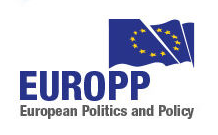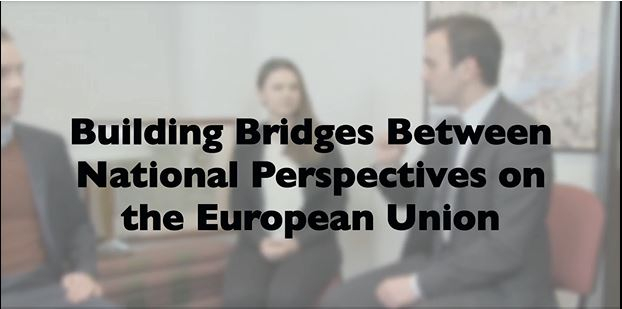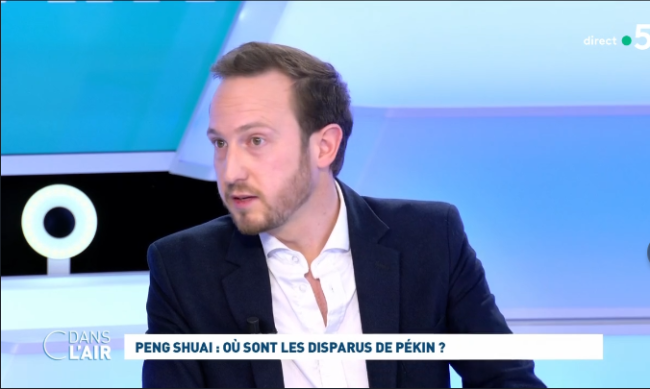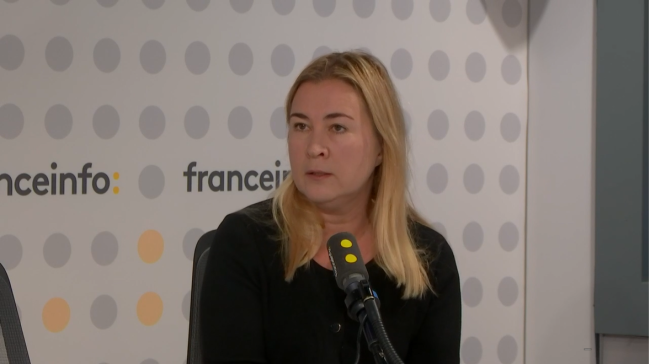Media Interventions
Our researchers intervene in the public debate and bring their light to the French and international media. Discover all their media interventions.


Semi-Mutual Defense: Europe’s Patchwork Response to Paris Attacks
The offer of active military support to France in Syria or in the Sahel by several European member states is likely to overshadow the absence of meaningful commitment from others. On balance, the picture will not be too disheartening for supporters of the EU: its foreign and security policy apparatus will not come out damaged, but only because it has not been properly tested.


OPEC not to cut output production target in near future
OPEC will not cut the output production target at the next meeting on Dec. 4 because the goal to defend its market share has not been reached yet, Director of Center for Energy in French Institute of international Relations (IFRI) Marie-Claire Aoun believes.
Building Bridges Conversation Series - Bulgaria & Denmark
This new episode of the Building Bridges Conversation Series is part of the "Building Bridges" project, which aims to foster debate on the future of the European Union and offer top quality analyses on how each member state perceives the EU. In this video, Vivien Pertusot, coordinator of the project, discusses with Maja Kluger Rasmussen from Think Europa (Denmark) and Antoinette Primatarova from the Centre for Liberal Strategies (Bulgaria).
Key challenges for COP21
Yvo de Boer, the first speaker to our conference Climate Action beyond COP21, shared his insights on what should be the core elements of the Paris agreement. Mr de Boer is the Director General of the Global Green Growth Institute and he was the Executive Secretary of the United Nations Convention on Climate Change between 2006 and 2010.
How to reflect non-parties contributions? The Taiwanese experience with climate action
Minister Kuo-Yen Wei, the third speaker to our conference on Climate Action beyond COP21, shared his insights on how Taiwan, which is not an official party to the UNFCCC, is determined to contribute to the global fight against climate change by taking action domestically. Mr. Wei is the current Minister of the Environmental Protection Administration of Executive Yuan, ROC (Taiwan).
What chances do we have to stay below the 2°C limit?
Jean Jouzel, the second speaker to our conference on Climate Action beyond COP21, shared his insights on the aggregate effect on national climate pledges and adressed the issue of consistency with the globally agreed long-term goal of keeping the average temperature rise below 2°C. Mr Jouzel is a climatologist, research director at CEA and former vice-president of the scientific working group of the IPCC (2002-2015).

Before Paris Attack, the Bataclan Had Long History in Music and Politics
PARIS — Crowds gathered on Monday to place flowers and candles and pay their respects to the 89 people killed at the Bataclan, as speculation swirled about why the legendary music hall was the target of the most brutal of the terrorist attacks on Friday.

"We are at war"
Ever since the terrorist attacks in January on the satirical magazine Charlie Hebdo and a kosher supermarket, Parisians knew that barbarism lurked around the corner, and that it would strike again. But it is one thing to know something, to anticipate it, and another to be confronted with the grim reality.
Ever since the terrorist attacks in January on the satirical magazine Charlie Hebdo and a kosher supermarket, Parisians knew that barbarism lurked around the corner, and that it would strike again.
But it is one thing to know something, to anticipate it, and another to be confronted with the grim reality.
- See more at: http://www.jordantimes.com/opinion/dominique-moisi/we-are-war%E2%80%99#sthash.7RrM8d05.dpuf

Nations prepare for Paris Climate Summit
World leaders to gather in Paris for a new round of talks on climate change. CNN's Jim Bittermann reports.


Renewables bringing down the cost of clean energy
Article published in Nikkei Asian Review


The French are looking for a fair deal for France and the EU, not just Britain
France has been ambivalent on the British renegotiation campaign. The general mood is to keep the UK in, but messages are going in different directions. Some are shrugging off the UK’s calls for reform and are not trying very hard to accommodate Westminster. Others seem keener to find an acceptable deal for Britain.

The TPP and its consequences for China, and Europe
John Seaman answers questions from the China Daily on the recently concluded negotiations of the Trans-Pacific Partnership (TPP) and their consequences for China and for Europe.
Read the interview, in Chinese


German Anti-Migrant March Draws Thousands
Supporters of Germany's anti-immigration Pegida movement were back on the streets of Dresden Monday to protest against the government's plans to take in refugees.
Support independent French research
Ifri, a foundation recognized as being of public utility, relies largely on private donors – companies and individuals – to guarantee its sustainability and intellectual independence. Through their funding, donors help maintain the Institute's position among the world's leading think tanks. By benefiting from an internationally recognized network and expertise, donors refine their understanding of geopolitical risk and its consequences on global politics and the economy. In 2025, Ifri supports more than 80 French and foreign companies and organizations.










